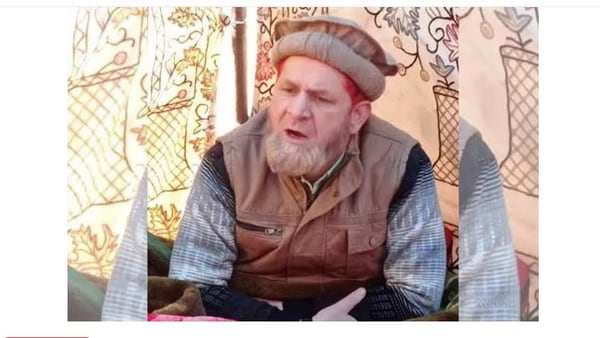Sarjan Barkati, a prominent Kashmiri cleric and separatist leader known for his fiery speeches and role in mobilizing protests in Kashmir, recently faced rejection of his nomination for the upcoming Jammu and Kashmir Assembly elections. Barkati, who has been in jail for various charges, including under the Public Safety Act (PSA), had filed his nomination from his constituency despite being behind bars. However, the Election Commission rejected his nomination, citing legal grounds that disqualify individuals from contesting elections if they are serving prison sentences for specific offenses.

Source:- news 18
Barkati, often referred to as the “Pied Piper of Kashmir” due to his unique style of leading anti-government protests through slogans and chants, has been a controversial figure in the region. His arrest in 2016 followed the death of Hizbul Mujahideen commander Burhan Wani, a period marked by widespread unrest in Kashmir. Since then, Barkati has been a vocal critic of the government’s policies in the region, gaining significant support from locals who view him as a symbol of resistance against state actions.
Source:- BBC news
The rejection of Barkati’s nomination has sparked mixed reactions in Jammu and Kashmir. His supporters argue that the decision reflects ongoing suppression of dissenting voices in the region, particularly those that challenge the government’s stance on Kashmir’s political future. They claim that disqualifying Barkati is part of a broader strategy to stifle opposition and silence leaders who have significant influence among the local population.
On the other hand, government officials and supporters argue that allowing individuals like Barkati to contest elections would undermine the democratic process, as his past activities are seen as incitements to violence and lawlessness. They emphasize that the decision is based on legal requirements, not political vendetta, and that the rule of law must prevail in ensuring that only eligible candidates participate in the electoral process.
Share your views in the comments

